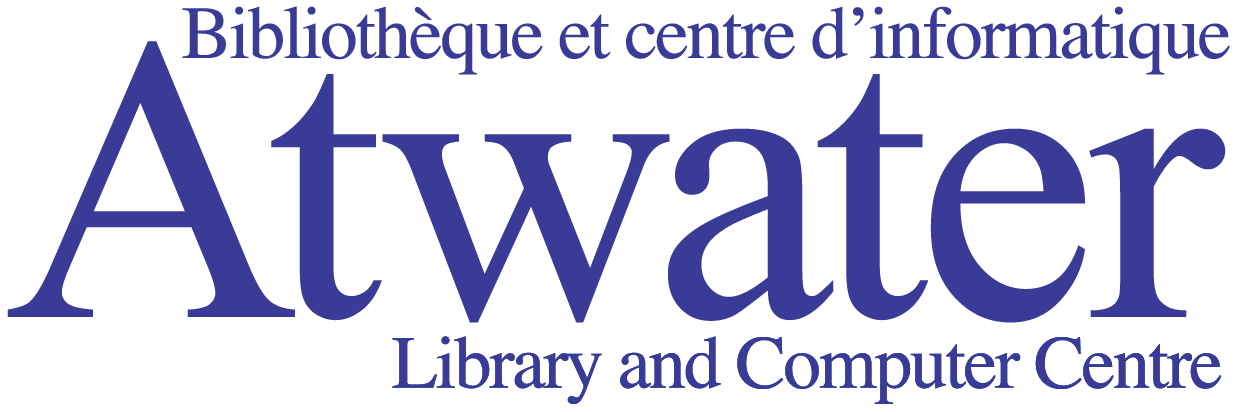This curriculum, Addressing Campus Rape Culture Through Media Tools, was developed to engage students in how to reflect upon, learn about, and intervene in rape culture on college campuses.
The team was:
- Eric Craven (Digital Literacy Project, Atwater Library, Montreal),
- Shanly Dixon (Digital Literacy Project, Atwater Library, Montreal)
- JD Drummond (Sexual Assault Resource Center, Concordia University, Montreal),
- Sandra Gabriele (Communication Studies, Concordia University, Montreal),
- Maggie Kathwaroon (Women’s And Gender Studies Coordinator, Vanier College)
- Carrie Rentschler (Art History And Communication Studies, McGill University, Montreal)
We worked with a local CEGEP in Montreal to provide a 4-day curriculum that was offered to students in a gender studies course, Alternatives for Women, and a masculinities course called Lovers and Fighters, both of which were taught by Maggie Kathwaroon at Vanier College. This initiative was carried out in the classroom in the spring of 2019. The research was originally geared towards uncovering interesting digital tools for creating awareness about Rape Culture to be used to inform students, but the project evolved into a fully sharable pedagogy for facilitators to use in or outside of the classroom.
Because much of our focus has been on developing evaluation strategies, we had the opportunity to make a robust evaluation framework and collected some helpful data. We found that students perceive social media as perpetuating rape culture. However, it can also be a tool to combat rape culture. The nature of social media lends itself to specific types of strategies, but education is still an important component of eliminating rape culture on campus. Students also believed that covering this topic in class was very important and many believed it should be incorporated into more classes. Finally, evaluation showed us that denormalizing rape culture on college campuses could be a potential key focus of future strategies.
This initiative was developed in partnership with our “Addressing Rape Culture on College Campuses” project and researchers for the project titled, “Bridging with STEAM/M; Collaborative Approaches to Effect Women’s Participation and Success in ICT/Media Environments”, funded by the Social Sciences and Humanities Research Council (SSHRC), as well as the Experimental Feminist Ethical Collaboration Tools (EFECT) team.
EFECT is an experimental feminist network, committed to disruptive ideation and working in messy spaces. EFECT borrows from work previously done with FemTechNet to reflect on why women and non-binary persons find information, communications, technology, and media (ICT/M) spaces to be uninviting and inhospitable. This team of researchers seek to tackle cultural practices of oppression that prohibit the entry and continued success of these diverse peoples into ICT/M educational and work environments.
Since the initial development of the curriculum, we have had the opportunity to repeat it in other contexts. This project has been very successful and has been an excellent example of how to embed an evaluative framework into strategies for addressing rape culture on campuses.
This podcast with lead team members, Eric Craven and Carrie Rentschler details the experience of developing this curriculum and facilitation handbook.
See the Facilitators Handbook for Addressing Campus Rape Culture Through Media Tools in our “Living Tool-Kit for strategies addressing rape culture on campus” section of our project website:
